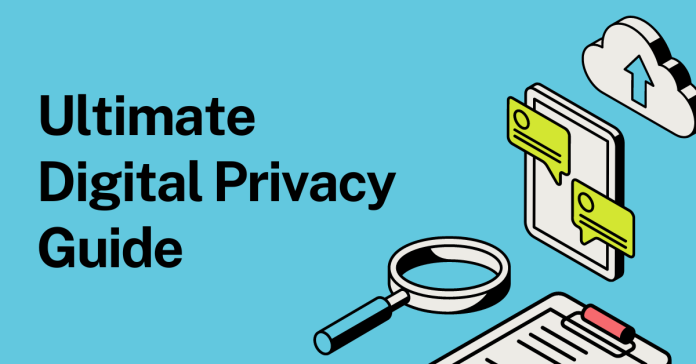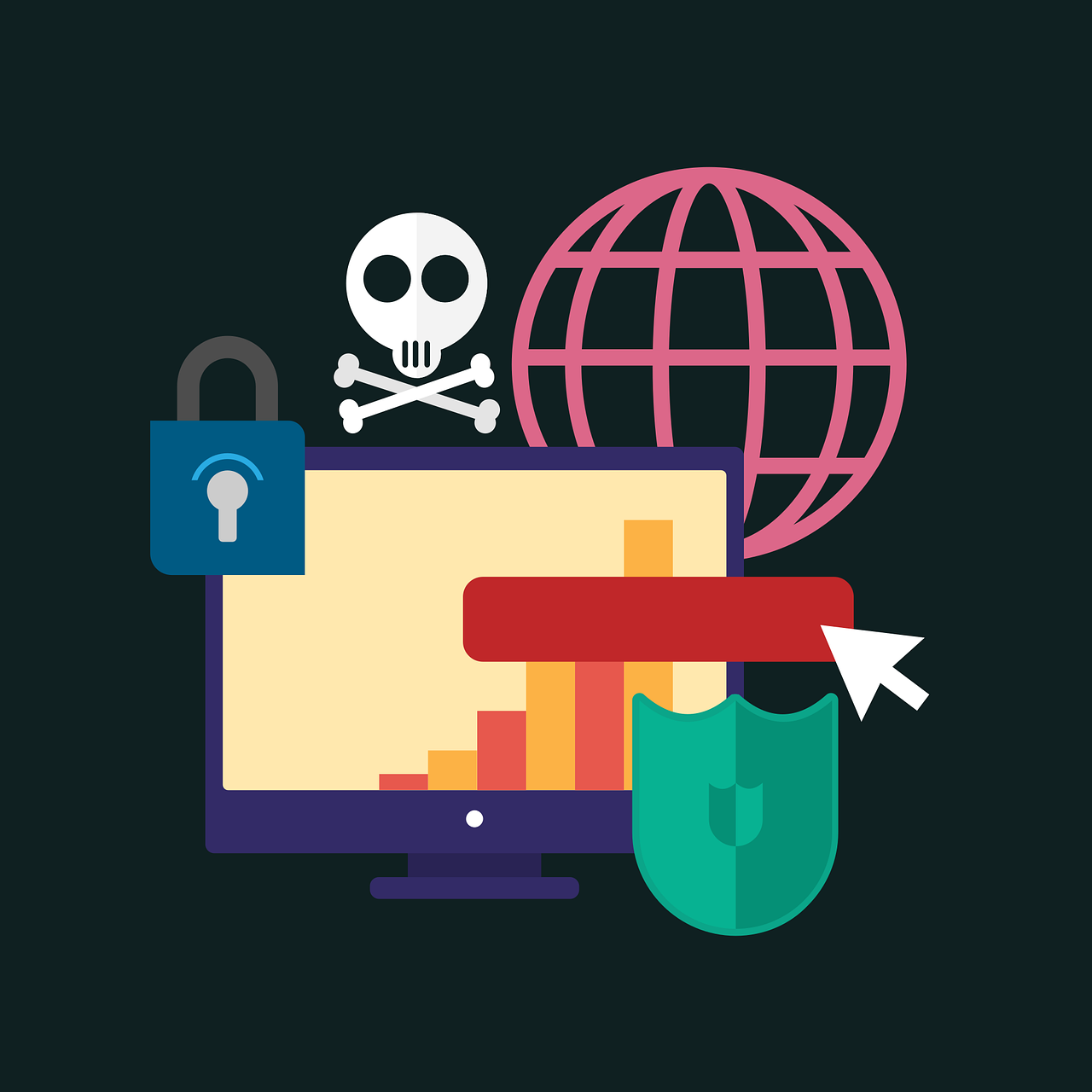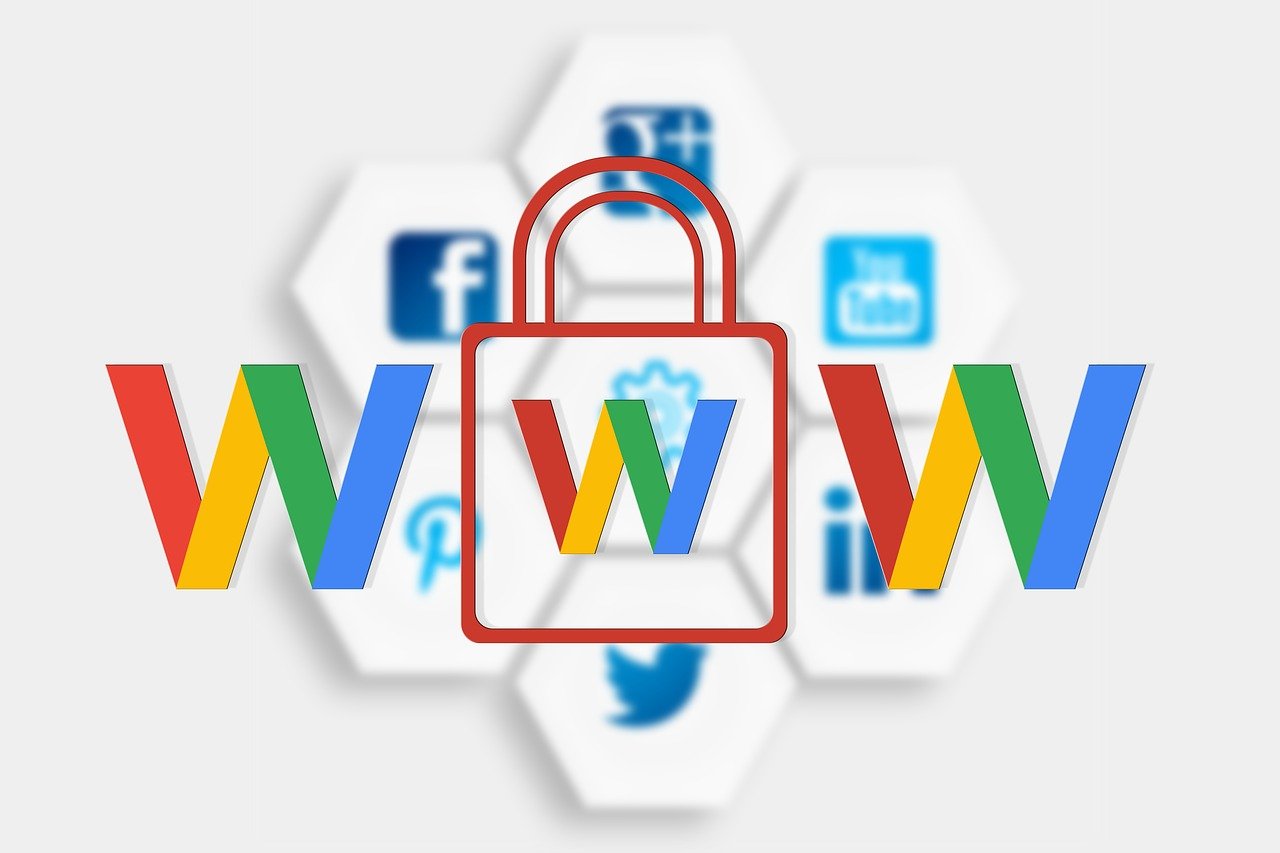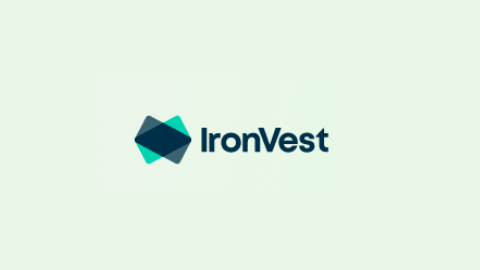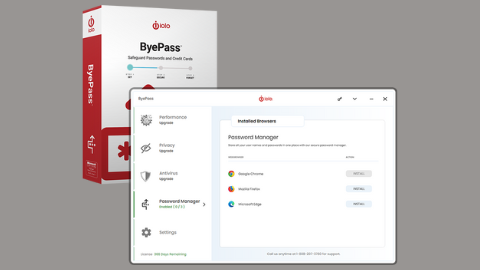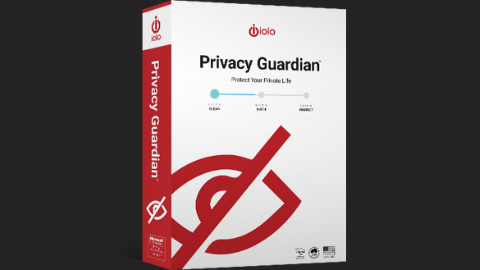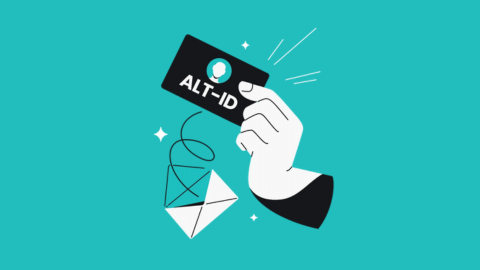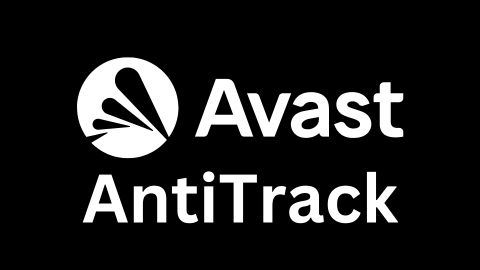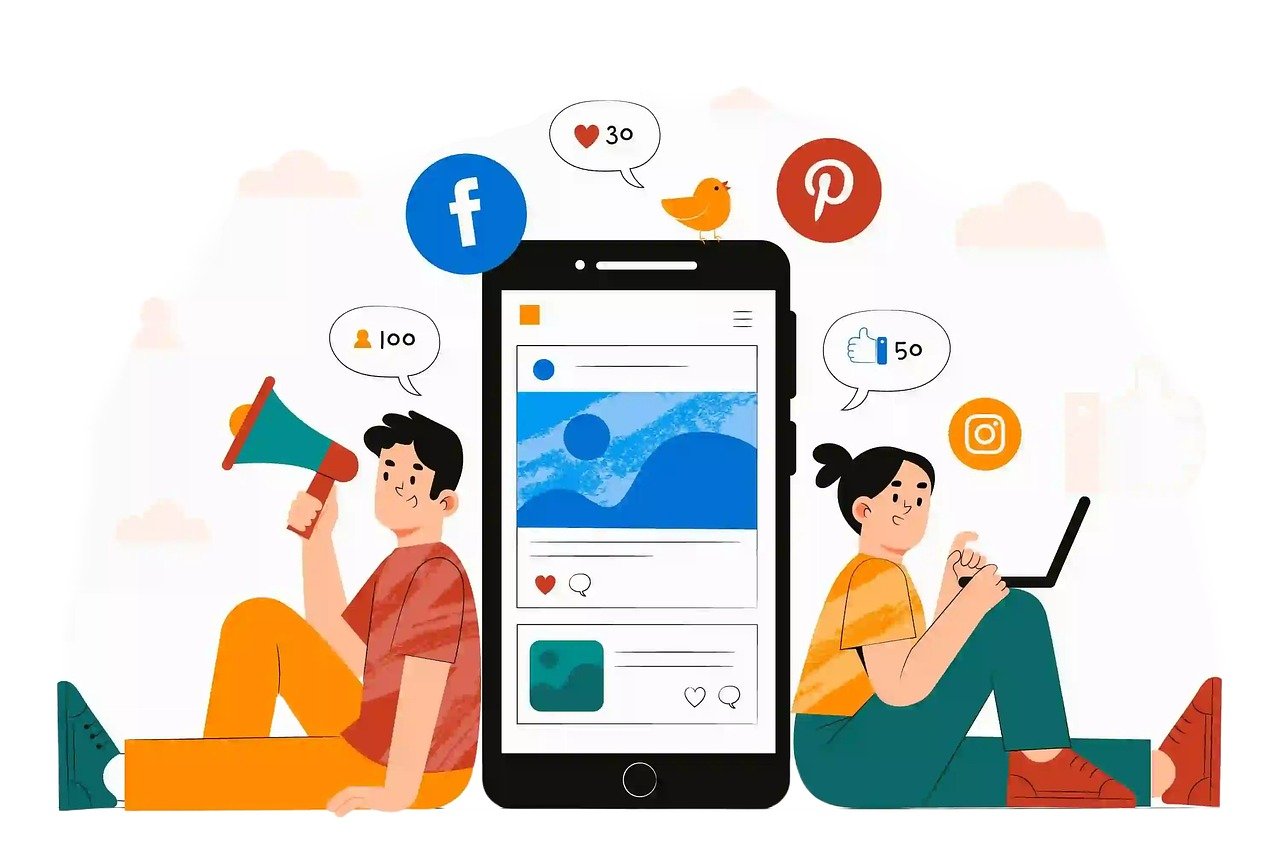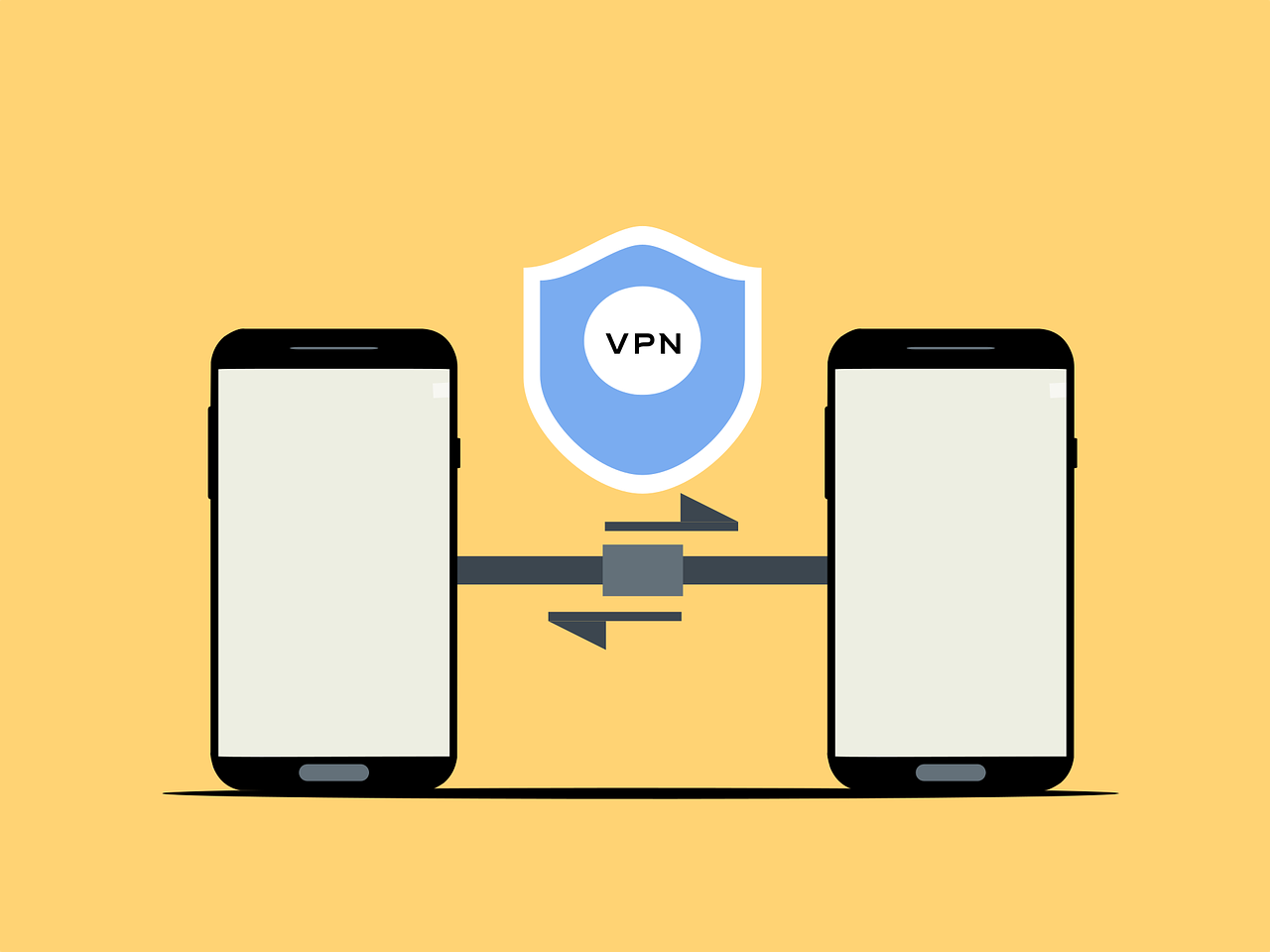Read this comprehensive guide to protecting your digital privacy.
In today’s digital age, protecting your digital privacy has become more crucial than ever before. With a vast amount of our personal and professional lives being conducted online, it’s essential to be proactive in safeguarding our digital privacy.
This comprehensive digital privacy guide will provide you with a thorough understanding of digital privacy, discuss its importance, highlight common threats, and offer best practices to protect your personal information online.
Table of Contents
What Is Digital Privacy?
Digital privacy refers to the protection of your personal information, data, and online activities from unauthorized access. This encompasses various aspects, including your online browsing habits, social media interactions, email communications, and financial transactions.
At its core, digital privacy is about maintaining control over your digital identity and ensuring that your sensitive information is not misused or exploited.
Digital privacy encompasses several dimensions – personal privacy, information privacy, and communication privacy. Personal privacy is about protecting your identity and personal information.
Information privacy deals with safeguarding the data you share online, while communication privacy involves securing your conversations from unauthorized access.
As we rely more and more on digital technology, it becomes increasingly important to understand the risks and take steps to protect our digital privacy. This digital privacy guide will help you navigate the complex digital landscape and provide practical advice on safeguarding your online presence.
- 🔐 Strong Passwords: Create complex passwords using a mix of letters, numbers, and symbols. Use a password manager like 1Password, NordPass, RoboForm, Dashlane, or Norton Password Manager.
- 🌐 VPN Usage: Use a Virtual Private Network (VPN) to encrypt internet traffic and protect against surveillance. Recommended VPNs include CyberGhost VPN, Surfshark, ZoogVPN, PIA, ExpressVPN, Ivacy, and NordVPN.
- ✉️ Email Encryption: Use encrypted email services to protect sensitive information in emails. Recommended solutions include StartMail, ProtonMail, TorGuard Mail, eM Client, and GetResponse.
- 💾 Regular Backups: Back up important data regularly to prevent data loss and minimize the impact of potential breaches. Use reliable cloud storage solutions like Acronis Cyber Protect, Carbonite, pCloud, and Paragon.
- 🛡️ Two-Factor Authentication (2FA): Enable 2FA for an extra layer of security.
- 🔄 Update Regularly: Keep your software, apps, and devices up to date to patch vulnerabilities.
- 🔒 Privacy Settings: Adjust privacy settings on social media platforms and apps to control what information is shared.
- 🌐 Secure Wi-Fi: Use a strong, unique password for your Wi-Fi network to prevent unauthorized access.
- 🕵️ Secure Browsing: Use HTTPS websites, browser extensions for privacy, and consider a privacy-focused browser like Opera Browser.
- 📍 Limit Location Sharing: Disable location services for apps that don’t require it, and be cautious about sharing your location online.
Why is Digital Privacy Important?
Digital privacy is essential for several reasons.
First, it protects your personal and sensitive information from being accessed or misused by unauthorized individuals. This includes identity theft, financial fraud, and other malicious activities that could have severe consequences on your personal and professional life.
Second, digital privacy is crucial for maintaining your freedom of expression and opinion. The ability to communicate and share thoughts without fear of being monitored or censored is a cornerstone of a democratic society.
Protecting your digital privacy ensures that you can engage in online discussions and debates without the fear of retaliation or discrimination.
Lastly, digital privacy is essential for fostering trust in online platforms and services. As consumers, we need to have faith that the companies we interact with are taking the necessary steps to protect our information.
By taking measures to safeguard our digital privacy, we can maintain confidence in the digital ecosystem and continue to benefit from the numerous advantages it offers.
Common Threats to Digital Privacy
The digital landscape is fraught with various threats to your privacy. There are so many threats to online privacy; however, I will show you the common threats in this digital privacy guide.
Some of the most common include:
- Phishing and Social Engineering: Cybercriminals often use deceptive tactics to trick individuals into revealing sensitive information or downloading malicious software. This is usually done through emails, messages, or fake websites that appear to be from legitimate sources.
- Data Breaches: Large-scale data breaches have become increasingly common, with hackers targeting companies and organizations to access user data. Personal information obtained in these breaches may be sold on the dark web or used for identity theft and other illicit activities.
- Spyware and Malware: Malicious software can be installed on your devices without your knowledge, allowing attackers to monitor your activities, steal your data, or gain control over your device.
- Unsecured Wi-Fi Networks: Public Wi-Fi networks, such as those found in coffee shops, airports, or hotels, may be unsecured or easily hacked, leaving your data vulnerable to interception.
- Tracking and Profiling: Many websites and online services track your online activities to create profiles for targeted advertising or other purposes. This can lead to a loss of privacy and control over your personal information.
- Online Account Hijacking: Cybercriminals may attempt to gain unauthorized access to your online accounts, such as email, social media, or banking accounts. Once compromised, they can exploit personal information, send malicious messages, or engage in fraudulent activities on your behalf.
- Ransomware Attacks: Ransomware is a type of malware that encrypts your files or locks you out of your device, demanding payment for their release. Falling victim to a ransomware attack not only jeopardizes your data but can also result in financial loss.
- Internet of Things (IoT) Vulnerabilities: With the increasing prevalence of smart devices in homes and workplaces, vulnerabilities in IoT devices can be exploited by attackers to gain access to personal information, monitor activities, or even control connected devices.
- Data Interception: Sophisticated attackers may intercept data as it travels between your device and online services. This can occur through techniques like man-in-the-middle attacks, where the attacker secretly relays and possibly alters the communication between two parties.
- Location Tracking: Mobile devices and apps often track your location for various purposes, such as providing location-based services. However, this information can be misused by malicious entities to monitor your movements and potentially compromise your privacy.
- Browser and App Vulnerabilities: Flaws in web browsers and applications can be exploited by attackers to inject malicious code, compromise your device, or steal sensitive information. Keeping software up to date and using reputable apps can help mitigate these risks.
- Employee Surveillance: In a professional setting, employers may deploy monitoring software on company devices or networks to track employee activities. While this is often done for legitimate reasons, it raises concerns about the invasion of employee privacy.
- Government Surveillance: Governments may engage in mass surveillance programs, monitoring online activities and communications of citizens. This can have significant privacy implications, and the legality and ethicality of such practices are often debated.
- Deepfakes and Manipulated Media: Deepfake technology allows malicious actors to create realistic but entirely fabricated content, such as videos or audio recordings. This can be used to spread false information, impersonate individuals, or damage reputations.
These threats collectively highlight the importance of adopting proactive measures, such as using strong and unique passwords, enabling two-factor authentication, regularly updating software, and being cautious about sharing sensitive information online.
Best Practices for Protecting Personal Information Online
To protect your digital privacy, it’s essential to adopt safe online habits and practices, as indicated earlier in this digital privacy guide.
Here are some of the best practices to follow:
- Use Strong, Unique Passwords: Create strong, unique passwords for each of your online accounts. Avoid using easily guessable information or common words, and instead opt for a combination of upper and lower-case letters, numbers, and symbols. Consider using a password manager to help you generate and store complex passwords securely.
- Enable Two-Factor Authentication: Enable two-factor authentication (2FA) on your accounts wherever possible. 2FA adds an extra layer of security by requiring a second form of verification, such as a code sent to your phone, in addition to your password.
- Be Wary of Phishing and Social Engineering: Always verify the authenticity of emails, messages, and websites before clicking on links or providing personal information. Be cautious of unsolicited communications and look for signs of phishing, such as poor grammar, mismatched URLs, or suspicious email addresses.
- Keep Your Software and Devices Updated: Regularly update your operating system, applications, and antivirus software to ensure you have the latest security patches and protections against known vulnerabilities.
- Limit the Information You Share Online: Be mindful of the information you share on social media and other online platforms. Adjust your privacy settings to control who can see your posts and personal information, and avoid sharing sensitive data that could be used to steal your identity or compromise your accounts.
- Use Secure Wi-Fi Connections: When connecting to the internet, prefer secure and password-protected Wi-Fi networks over public, unsecured ones. Public Wi-Fi networks, especially those without a password, can expose your data to potential interception and unauthorized access.
- Regularly Monitor Financial Statements: Keep a close eye on your bank and credit card statements for any unauthorized or suspicious transactions. Report any discrepancies to your financial institution promptly to address potential fraudulent activities.
- Review App Permissions: Periodically review the permissions granted to the apps on your devices. Ensure that apps only have access to the information they genuinely need to function and disable unnecessary permissions that could compromise your privacy.
- Employ Privacy Settings on Devices: Adjust the privacy settings on your devices to enhance your control over data collection. Disable features or services that you don’t use, such as location tracking or voice assistants, and review app-specific privacy settings.
- Use Encrypted Communication: When communicating online, especially for sensitive matters, use encrypted communication channels. Messaging apps with end-to-end encryption provide an added layer of protection against unauthorized access to your conversations.
- Regularly Back Up Your Data: Perform regular backups of your important data to protect against data loss in case of device theft, hardware failure, or other unforeseen incidents. Store backups securely, either offline or in a trusted cloud service.
- Educate Yourself on Privacy Settings: Take the time to familiarize yourself with the privacy settings of the websites and online services you use. Understand how your data is collected, shared, and stored, and adjust settings accordingly to align with your privacy preferences.
- Be Skeptical of Unsolicited Requests: If you receive unexpected requests for personal information or assistance, especially through email or messages, independently verify the legitimacy of the request before responding. Scammers often use urgency or fear tactics to trick individuals into divulging sensitive information.
- Stay Informed About Emerging Threats: Keep yourself informed about the latest cybersecurity threats and trends. Understanding the evolving landscape of digital threats allows you to adapt your online practices and stay one step ahead of potential risks.
By incorporating the best practices mentioned in this digital privacy guide into your routine, you can fortify your digital defences and reduce the risk of falling victim to various online threats.
Best Digital Privacy Deals
Securing Your Online Accounts
One of the most important aspects of digital privacy is securing your online accounts. To do this, follow these steps:
- Audit Your Accounts: Review your online accounts and delete any that are no longer in use. This reduces the potential attack surface for hackers and minimizes the risk of unauthorized access to your information.
- Enable Account Recovery Options: Set up account recovery options, such as providing a secondary email address or phone number. This will help you regain access to your accounts if you ever lose your login credentials or have your account compromised.
- Monitor Your Accounts for Suspicious Activity: Regularly check your accounts for signs of unauthorized access or suspicious activity. Enable email or text notifications for account activity, such as login attempts, password changes, or new device connections.
- Be Cautious About Third-Party Apps: Be wary of third-party apps and services that request access to your accounts or personal information. Only grant permissions to trusted applications and review the privacy policies of these services to ensure they align with your privacy expectations.
- Use Encrypted Communication: When communicating sensitive information, use end-to-end encrypted messaging apps such as Signal or WhatsApp. This ensures that only the intended recipient can read the content, protecting your conversations from potential eavesdropping or interception.
Enhancing Privacy on Social Media Platforms
Social media platforms are a significant source of personal information and potential privacy risks.
To enhance your privacy on these platforms, follow these tips:
- Review Your Privacy Settings: Regularly review and update your privacy settings on each platform to ensure only the intended audience can access your content. Limit the visibility of your posts, photos, and personal information to friends or connections only.
- Be Selective About Your Connections: Only connect with people you know and trust on social media platforms. Accepting friend requests or connections from strangers increases the chances of your personal information being accessed or misused.
- Limit Personal Information in Your Profile: Avoid sharing sensitive information in your social media profiles, such as your home address, phone number, or birthdate. Hackers can piece this information together to steal your identity or compromise your accounts.
- Think Before You Post: Consider the potential risks and consequences before sharing content on social media. Once posted, the content could be shared, copied, or archived, making it difficult to remove or control.
- Avoid Oversharing Your Location: Be cautious about sharing your location on social media, as this could reveal your daily habits, routines, and whereabouts to potential stalkers or criminals. Disable location sharing features or limit them to specific, trusted connections.
Safeguarding Your Digital Privacy While Using Public Wi-Fi
Public Wi-Fi networks can pose significant risks to your digital privacy.
To protect yourself while using public Wi-Fi, follow these steps:
- Verify the Wi-Fi Network: Before connecting to a public Wi-Fi network, confirm that it is the legitimate network provided by the establishment. Hackers can set up fake networks with similar names to steal your data.
- Use a VPN: A virtual private network (VPN) encrypts your internet connection, making it more secure and protecting your data from potential interception. Always use a VPN when connecting to public Wi-Fi networks.
- Disable Automatic Connection to Wi-Fi Networks: Turn off the automatic connection feature on your device, which can connect you to any available Wi-Fi network. Instead, manually connect to trusted networks only.
- Avoid Online Transactions: Avoid conducting online transactions, such as banking or shopping, while connected to public Wi-Fi networks. These networks may be unsecured, making it easier for hackers to intercept your data.
- Enable Firewall Protection: Enable firewall protection on your device to help block unauthorized access to your data while connected to public Wi-Fi networks.
Protecting Your Privacy with VPNs and Encrypted Messaging Apps
VPN and encrypted messaging apps are powerful tools for protecting your digital privacy. Here’s how they work and how you can use them to safeguard your online activities:
- Virtual Private Networks (VPNs): A VPN is a secure connection between your device and a remote server, which encrypts all internet traffic and hides your IP address. This makes it more difficult for hackers to intercept your data or track your online activities. Always use a reputable VPN service and avoid free VPNs, which may compromise your privacy.
- Encrypted Messaging Apps: End-to-end encrypted messaging apps, such as Signal and WhatsApp, provide secure communication channels that protect your conversations from eavesdropping or interception. These apps encrypt your messages on your device and decrypt them only on the recipient’s device, ensuring that only the intended recipient can read the content.
- Secure Browsers: Secure browsers, such as Tor, offer anonymous browsing by encrypting your internet traffic and routing it through a network of servers. This makes it difficult for websites, advertisers, or other entities to track your online activities and maintain your digital privacy.
Educating Yourself and Staying Informed about Digital Privacy
As you can see from this digital privacy guide, it is a constantly evolving field, and it’s essential to stay informed about the latest threats and best practices.
Here are some tips for staying up-to-date:
- Read Privacy Policies: Always read the privacy policies of online services and applications before using them. This will help you understand how your data is collected, stored, and shared.
- Follow Security Experts and News Outlets: Regularly read blogs and news outlets that cover digital privacy and security topics. Follow security experts and organizations on social media to stay informed about the latest threats and best practices.
- Participate in Privacy Advocacy: Participate in digital privacy advocacy groups and forums to learn from and engage with like-minded individuals. These groups can provide valuable insights and resources for protecting your digital privacy.
How Virtual Phone Numbers Can Help You Enhance Your Digital Privacy
Virtual phone numbers are temporary phone numbers that can be used for online transactions or to maintain privacy when sharing your phone number.
Here’s how they work:
- Disposable Phone Numbers: Virtual phone numbers are disposable numbers that can be used for one-time transactions or temporary communication. This helps protect your real phone number from being shared or accessed by unauthorized individuals.
- Privacy Protection: Virtual phone numbers can help protect your privacy by providing a layer of separation between your personal life and online activities. This can help reduce the risk of identity theft or other malicious activities.
- Convenience: Virtual phone numbers can be set up quickly and easily without the need for a physical SIM card or additional hardware. This makes them a convenient option for maintaining privacy and security in the digital age.
Wrapping Up The Digital Privacy Guide
In conclusion, protecting your digital privacy is essential in today’s digital landscape. This guide has provided you with a thorough understanding of digital privacy, its importance, and common threats.
It has also offered best practices for protecting your personal information online, securing your online accounts, enhancing privacy on social media platforms, safeguarding your digital privacy while using public Wi-Fi, and using VPNs and encrypted messaging apps.
By adopting these best practices and staying informed about the latest threats and trends, you can maintain control over your digital identity and protect your sensitive information from being accessed or misused by unauthorized individuals.
Remember, protecting your digital privacy is an ongoing process that requires diligence and awareness, but it’s worth the effort to safeguard your personal and professional life from potential harm.
Leave a comment below for this digital privacy guide.
INTERESTING POSTS
About the Author:
Meet Angela Daniel, an esteemed cybersecurity expert and the Associate Editor at SecureBlitz. With a profound understanding of the digital security landscape, Angela is dedicated to sharing her wealth of knowledge with readers. Her insightful articles delve into the intricacies of cybersecurity, offering a beacon of understanding in the ever-evolving realm of online safety.
Angela's expertise is grounded in a passion for staying at the forefront of emerging threats and protective measures. Her commitment to empowering individuals and organizations with the tools and insights to safeguard their digital presence is unwavering.


